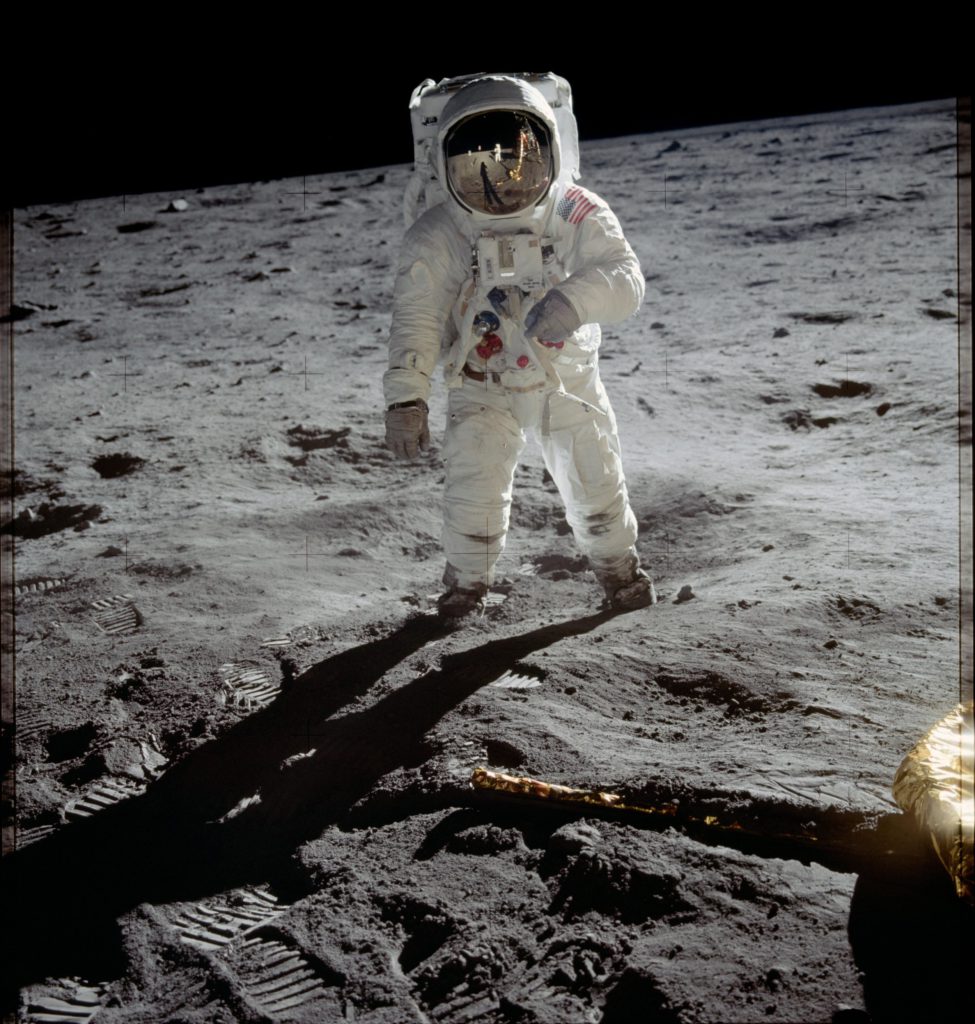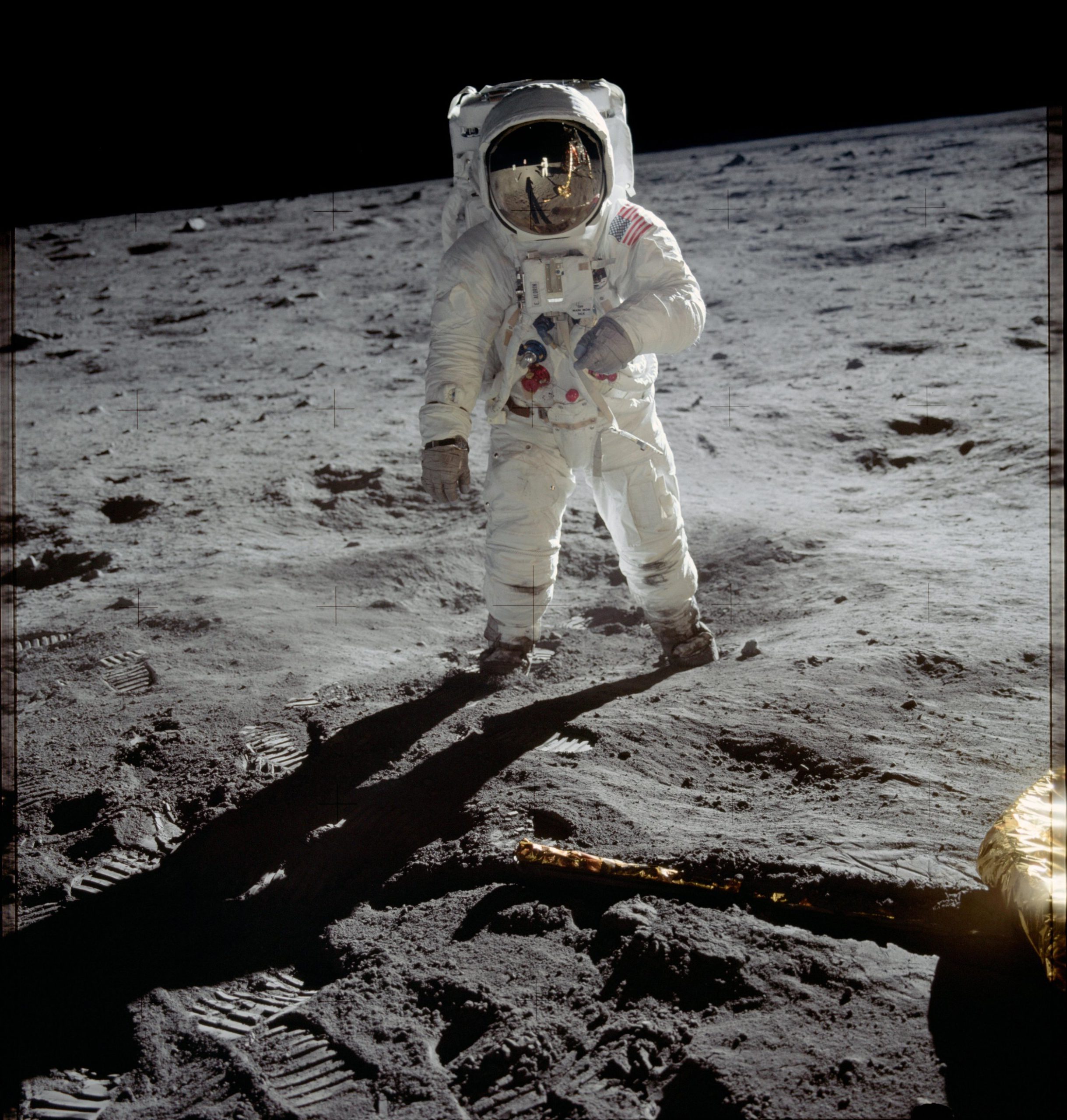OPEN SCIENCE
In his closing speech for this year’s Society for the Improvement of Psychological Science (SIPS) meeting, Sanjay Srivastava raised good questions around inclusiveness and diversity in the open science movement, so that everyone can get behind open science as a common cause. “We have to listen to criticism from both within and outside of the society and ask what we can learn from it. Each one of us has to take diversity and inclusion as our own responsibility and ask ourselves, how can I make this not some nice add-on, but integral to the way I am trying to improve psychology?”
To cure brain diseases, neuroscientists must collaborate: That’s why I’m giving my data away. A blog post by Thomas Durcan in The Conversation.
According to Brian Nosek’s tweet, the Open Science Framework now posts 78 preprints a day, 10 per day on PsyArXiv alone. It is rising fast as evidence of an increasing uptake of preprints across disciplines.
I hate open science. Well, at least Tal Yarkoni hates the term. Indeed, open science can be a bit of an umbrella term that describes a lot of different initiatives around various themes such as access, reproducibility, diversity and so on. One of the reasons why the content of this newsletter is diverse. Still, there is a good reason to be mindful of when it is meaningful to use open science as a term, and when there is a more precise concept that could be used instead to describe an initiative.
Scite have released their browser plugin to check if a scientific study has been verified or contradicted.
PUBLISHING
The citation advantage of linking publications to research data. A study posted on arXiv that looks at 531,889 journal articles published by PLOS and BMC finds that articles where a Data Availability Statement has been mandated can have up to 25.36% higher citation impact on average.
As their contract has ended in January, Elsevier has now cut off access to its journals for the University of California.
Springer Nature have extended their content sharing agreement with ResearchGate. Users of the platform seem to like the arrangement.
On a more technical note, the proposed Data Citation Guidelines for Earth Science Data have been released.
OTHER
The 50-year anniversary of the first Moon landing is coming up this week on July 20. There will be plenty of written material, but for more in-depth reading Alex Witze has reviewed seven books that commemorate the event. The New York Times also has a spotlight with a series of articles on the anniversary.

Buzz Aldrin on the moon. July 20, 1969. Photo taken by Neil Armstrong.
Credit (public domain): NASA
